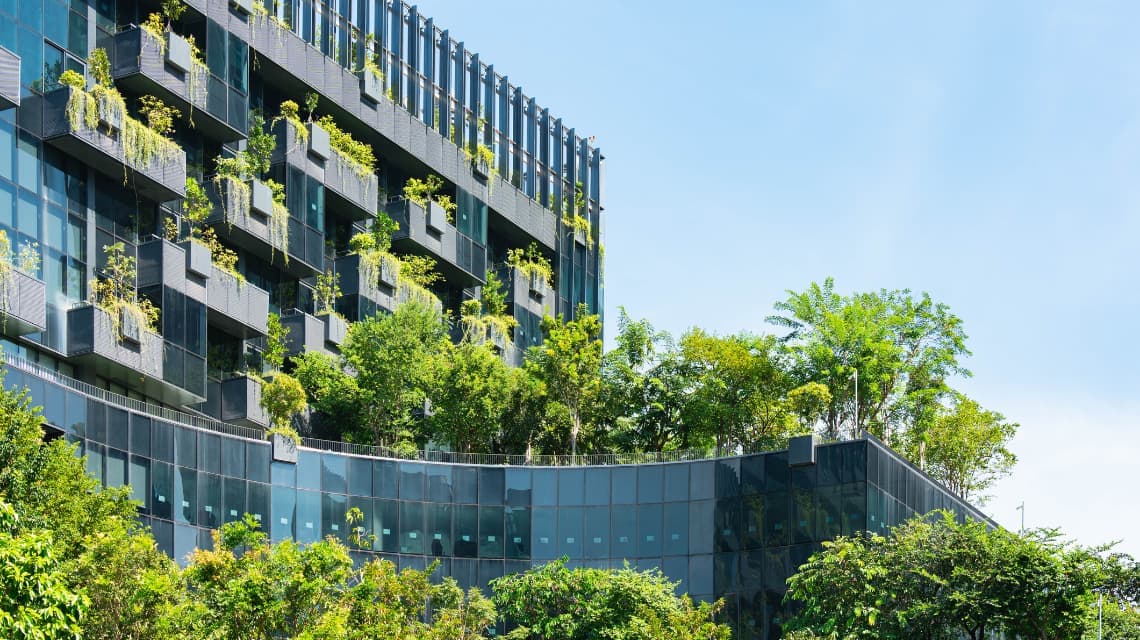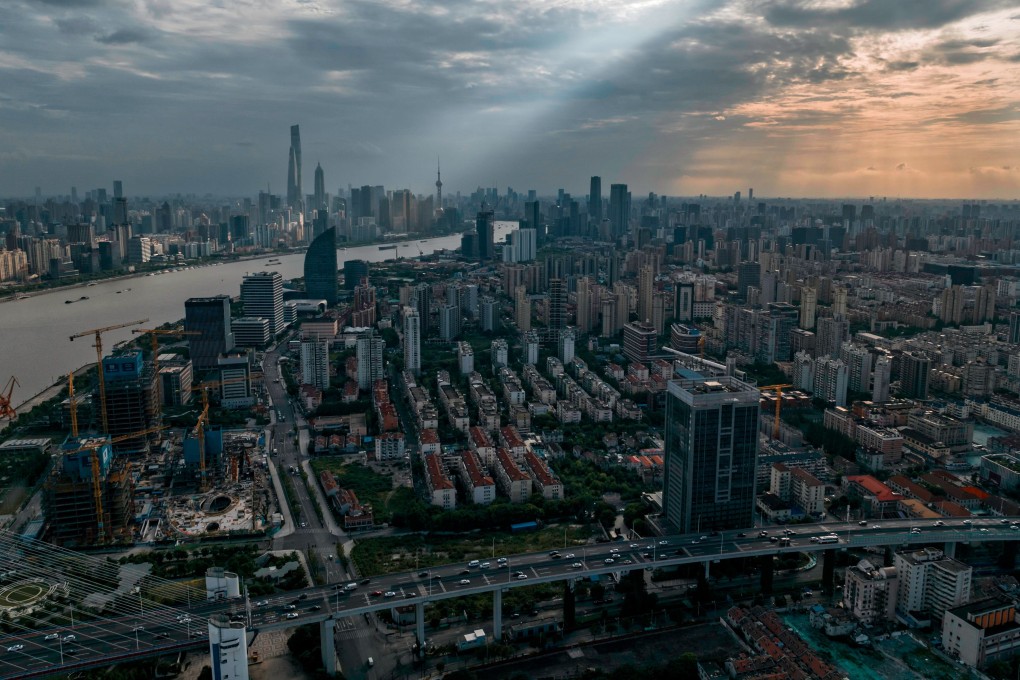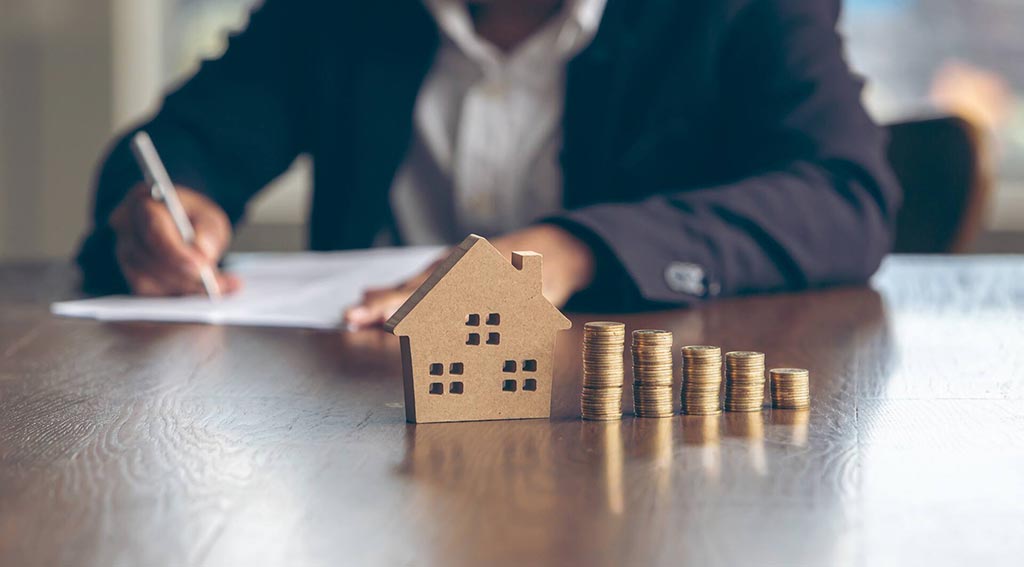Buying property in Singapore is more than just a transaction; it’s a significant life decision that requires careful consideration and planning. With the property market known for its competitiveness and fluctuating prices, prospective buyers must navigate a landscape of various costs, from the purchase price to fees, taxes, and additional expenses.
This guide will unravel the intricacies of budgeting for your property purchase, offering insights into the financial factors at play. We’ll explore not only the sticker price of your dream home but also delve into the hidden costs that can catch first-time buyers off guard.
Whether you’re eyeing a cozy apartment in a bustling neighborhood or a luxurious residence like River Green, with its sweeping views and upscale amenities, understanding the pricing structure is essential to making an informed decision. Get ready to arm yourself with the knowledge needed to turn your property aspirations into reality.
Setting a Realistic Budget

Setting a realistic budget is a crucial first step in your property-buying journey in Singapore. With the vibrant real estate market characterized by fluctuating prices and diverse options, it’s essential to assess your financial standing comprehensively.
Begin by calculating your overall income, factoring in your savings, existing debts, and potential down payment. Its not merely about how much you can afford up front but also ensuring that monthly mortgage payments won’t stretch your finances to breaking point.
Additionally, dont overlook ancillary costs—stamp duties, legal fees, and maintenance expenses can accumulate quickly and should be factored into your calculations. Creating a buffer for unexpected expenses will provide peace of mind as you navigate the property landscape.
This pragmatic approach helps you stay focused, avoiding the pitfalls of overspending or compromising on your desired features. In a market as dynamic as Singapore’s, having a clear financial roadmap is key to securing the right property without the burden of financial strain.
Understanding Additional Costs of Buying Property

When navigating the intricate landscape of property purchase in Singapore, it’s essential to understand that the listed price is merely the tip of the iceberg. Beyond the asking price, a host of additional costs lurk that can substantially inflate your budget.
First and foremost, there’s the stamp duty— a significant tax that varies based on the property price and your residency status, which can catch first-time buyers off guard. Additionally, you’ll need to factor in legal fees, which can vary based on the complexity of the transaction and the lawyers rate.
Dont overlook the cost of inspections and valuations, especially iyou’rere purchasing a resale property; these play a critical role in ensuring you’re making a sound investment. Even renovation costs, often underestimated, can add another layer of financial commitment, transforming your new house into a home.
Thus, thorough budgeting must encompass not just the purchase price, but also the myriad of hidden expenses that can ultimately define your financial landscape as a property owner in Singapore.
Financing Your Property Purchase

Financing your property purchase in Singapore can feel like navigating a labyrinth.It’s essential to understand the various options available to you.
From traditional bank loans to less conventional sources, the choices abound. For many first-time buyers, the Home Loan Eligibility (HLE) letter from the Housing and Development Board (HDB) serves as a crucial first step; it provides a clear picture of how much you can borrow. But don’t stop there—explore grants and subsidies that may be available, like the Additional CPF Housing Grant, which can significantly ease your financial burden.
Moreover, consider the impact of stamp duty and additional costs such as renovation and maintenance. Juggling these numbers requires diligence and foresight, as even minor oversights can lead to notable financial strain down the line.
So, equip yourself with all necessary information and, if needed, consult a financial advisor to chart a path toward your property dreams in this vibrant city.
Conclusion
In conclusion, navigating the complexities of budgeting for property in Singapore requires careful planning and a thorough understanding of the financial landscape. By accounting for costs such as stamp duties, legal fees, and maintenance expenses, prospective buyers can make informed decisions that align with their financial capabilities.
Additionally, exploring diverse options like new developments, including promising projects like River Green, can provide valuable opportunities for both investment and homeownership. Ultimately, taking the time to create a comprehensive budget will not only enhance your buying experience but also pave the way for a secure and successful property investment journey in Singapore.




